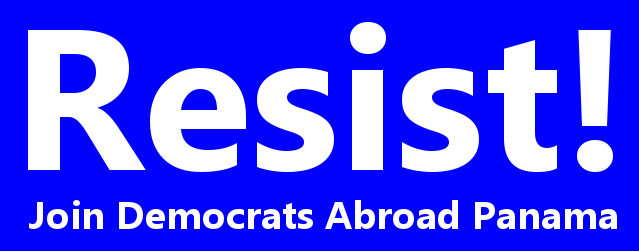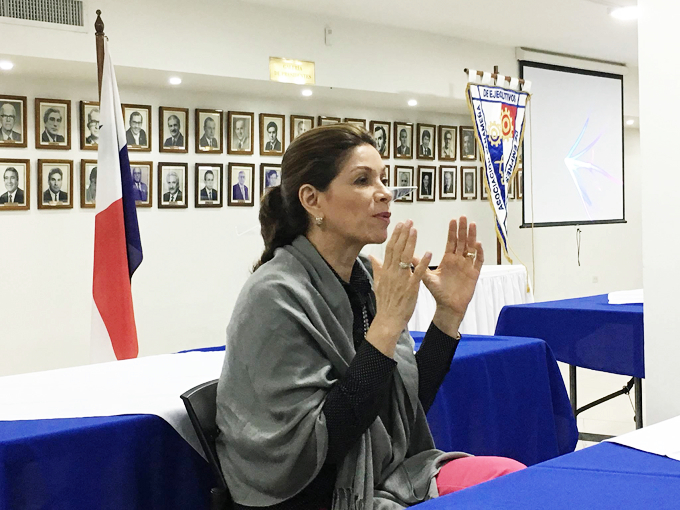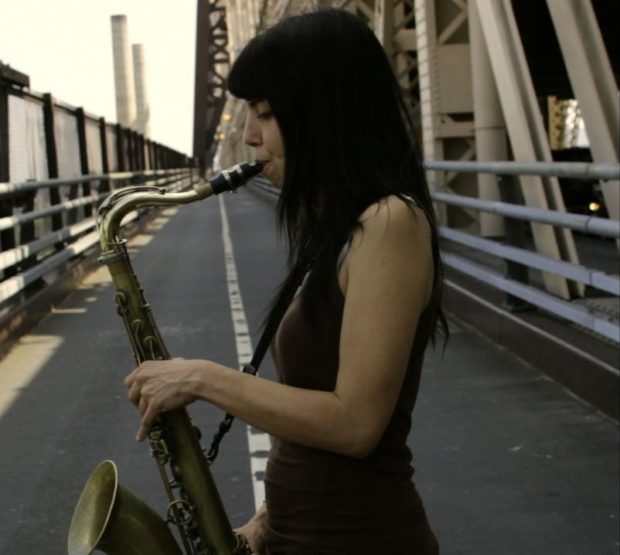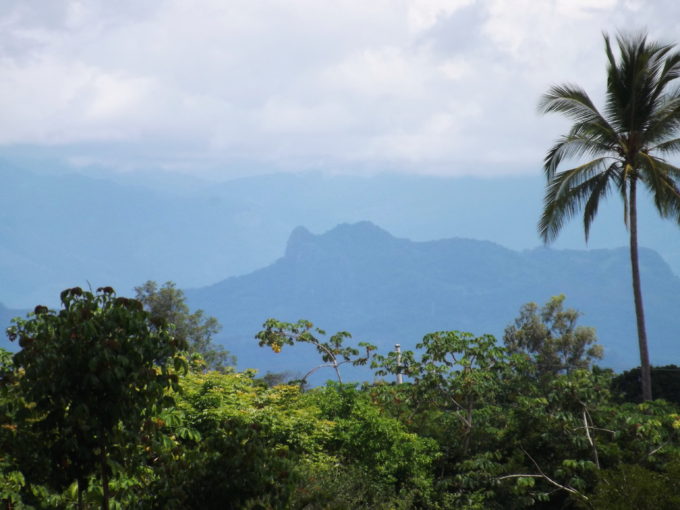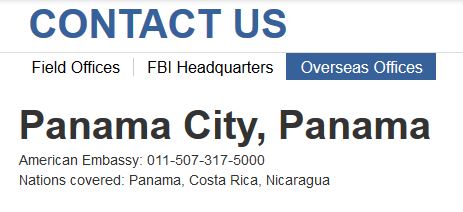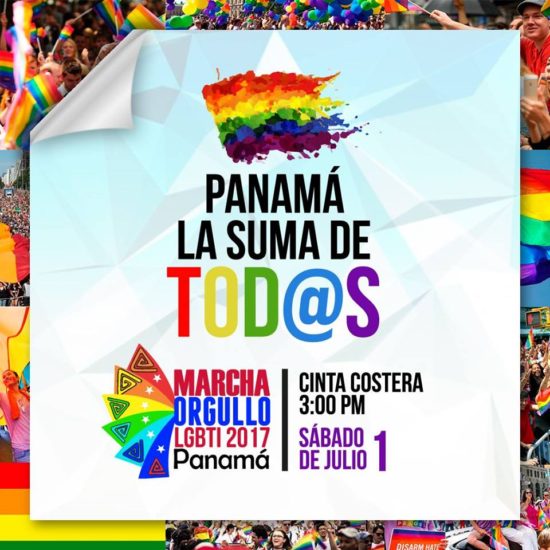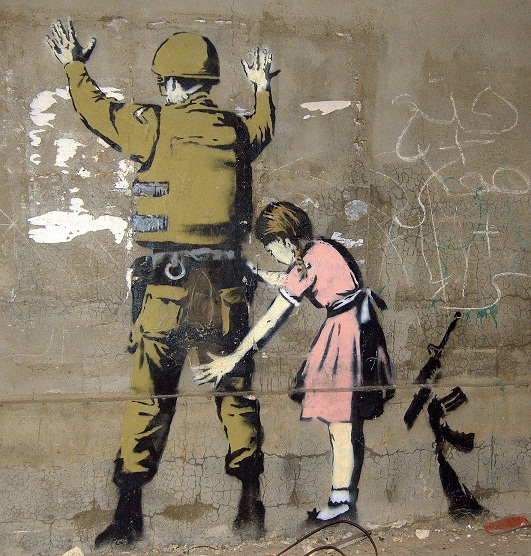
The four-letter word
by Uri Avnery — Gush Shalom
When a Briton or American speaks about a “four-letter word,” he means a vulgar sexual term, a word not to be mentioned in polite society.
In Israel we also have such a word, a word of four letters. A word not to mention.
This word is “Shalom,” peace.
(In Hebrew, “sh” is one letter, and the “a” is not written.)
For years now this word has disappeared from intercourse (except as a greeting). Every politician knows that it is deadly. Every citizen knows that it is unmentionable.
There are many words to replace it. “Political agreement.” “Separation.” “We are here and they are there.” “Regional arrangement.” To name a few.
And here comes Donald Trump and brings the word up again. Trump, a complete ignoramus, does not know that in this country it is taboo.
He wants to make peace here. SH-A-L-O-M. So he says. True, there is not the slightest chance that he really will make peace. But he has brought the word back into the language. Now people speak again about peace. Shalom.
Peace? What is peace?
There are all kind of peaces. Starting from a little peace, a baby-peace, to a large, even mighty peace.
Therefore, before opening a serious debate about peace, we must define what we mean. An intermission between two wars? Non-belligerence? Existence on different sides of walls and fences? A prolonged armistice? A Hudna (in Arabic culture, an armistice with a fixed expiry date)?
Something like the peace between India and Pakistan? The peace between Germany and France — and if so, the peace before World War I or the peace prevailing now? The Cold War between the Soviet Union and the United States, or the Hot Peace between Vladimir Putin and Donald Trump?
There are all kinds of peace situations. What kind of Israeli-Palestinian peace are we talking about? The peace between a horse and its rider? The peace between a people of masters and a people of slaves? Something like the peace between the South African Apartheid regime and the Bantustans it had created for the Blacks? Or a quite different kind of peace, a peace between equals?
It’s about this peace I would like to speak. Not “real” peace. Not “perfect” peace. Not “complete” peace.
About peace. Peace pure and simple. Without qualifications, please.
When did it all start? The conflict that now dominates the lives of the two peoples, when did it begin?
Hard to say.
It is easy to say: it started when the first Jewish immigrant reached these shores.
Sounds simple. But it is not altogether true.
It seems that the pre-Zionist Bilu immigrants, who came here in the early 1800s, did not arouse hostility.
I have a theory about that: some time before the Bilu (short for “House of Jacob, Go!”) came here, a religious German sect, the Templers, settled in this country. They had no political aims, just a religious vision. They set up model villages and townships, and the locals were grateful. When the first Jews arrived, the locals assumed that this was more of the same.
Then came the Zionist movement, which definitely had political aims. They spoke only about a “national home,” but the founder, Theodor Herzl, had previously written a book called “The Jewish State” (or, more accurately, “The Jewstate”). The aim was hidden for a time, because the country belonged to the Ottoman Empire.
Only very few of the local population realized right from the beginning that this was a mortal danger for them. A large majority of the Muslims saw the Jews only as an inferior religious community, which the Prophet had commanded them to protect.
So when did the conflict start? There are various theories about that. I adhere to the theory of the almost-forgotten historian Aharon Cohen, who pointed to a particular event. In 1908, the revolution of the “Young Turks” broke out. The Islamic Ottoman Empire turned into a nationalist state. As a reaction, there arose in Palestine and the neighboring countries an Arab national movement, which called for the “decentralization” of the empire, giving autonomy to its many peoples.
A local Arab leader approached the Zionist representative in Jerusalem with a tempting offer: if the Jews support the Arab movement, the Arabs will support Zionist immigration.
In great excitement, the Zionist representative rushed to the then leader of the Zionist world movement, Max Nordau, a German Jew, and urged him to accept the offer. But Nordau treated the offer with contempt. After all, it was the Turks who were in possession of the country. What did the Arabs have to offer?
It is difficult to know how history would have evolved if such a Zionist-Arab cooperation had come into being. But a European Jew could not even imagine such a turn of events. Therefore the Zionists cooperated with the Turkish — and later with the British — colonial regime against the local Arab population.
Since then, the conflict between the two peoples has intensified from generation to generation. Now peace is further away than ever.
But what is peace?
The past cannot be obliterated. Anyone who suggests that the past should be ignored and that we “start again from the beginning” is dreaming.
Each of the two peoples lives in a past of its own. The past shapes their character and their behavior every day and every hour. But the past of one side is totally different from the past of the other.
This is not just a war between two peoples. It is also a war between two histories. Two histories which contradict each other in almost every particular, though they concern the very same events.
For example: Every Zionist knows that until the 1948 war, the Jews acquired land with good money, money contributed by Jews around the world. Every Arab knows that the Zionists bought the land from absentee landlords who lived in Haifa, Beirut or Monte Carlo, and then demanded that the Turkish (and later the British) police evict the fellahin who had tilled the land for many generations. (All the land had originally belonged to the Sultan, but when the empire was bankrupt the Sultan sold it to Arab speculators.)
Another example: Every Jew is proud of the Kibbutzim, a unique achievement of human progress and social justice, which were frequently attacked by their Arab neighbors. For the Arabs, the Kibbutzim were just sectarian instruments of displacement and deportation.
Another example: Every Jew knows that the Arabs started the 1948 war in order to exterminate the Jewish community. Every Arab knows that in that war, the Jews evicted half the Palestinian people from their homeland.
And so forth: nowadays the Israelis believe that the Palestinian Authority, which pays a monthly salary to the families of “murderers,” supports terrorism. The Palestinians believe that the Authority is duty-bound to support the families whose sons and daughters have sacrificed their lives for their people.
And so forth, without end.
(By the way, I am very proud of having invented the only scientifically sound definition of “terrorist,” which both sides can accept: “Freedom fighters are on my side, terrorists are on the other side.”)
There will never be peace if the two peoples do not know the historical narrative of the other side. There is no need to accept the narrative of the opponent. One can deny it totally. But one has to know it, in order to understand the other people and respect it.
Peace does not have to be based on mutual love. But it must be based on mutual respect. Mutual respect can arise only when each people knows the historical narrative of the other side. When it understands that, it will also understand why the other people acts the way it does, and what is needed for peaceful co-existence.
That would be much easier if every Israeli Jew learned Arabic, and every Palestinian Arab learned Hebrew. That would not solve the problem, of course, but it would bring the solution much closer.
When each of the two peoples understands that the other side is not a bloodthirsty monster, but acts from natural motives, it will discover many positive points in the culture of the other side. Personal contacts will be established, perhaps even friendships.
This is already happening in Israel, though on a small scale. In the academic world, for example. And in the hospitals. Jewish patients are often surprised to discover that their nice and competent doctor is an Arab and that Arab male nurses are frequently more gentle than the Jewish ones.
That cannot replace dealing with the real problems. Our two peoples are divided by real, weighty controversies. There is a problem about land, about borders, about refugees. There are problems of security and innumerable other issues. A war of more than a hundred years will not end without painful compromises.
When there is a basis for negotiations between equals, a basis of mutual respect, insoluble problems will suddenly become soluble problems.
But the precondition for this process is the return of the four-letter-word to the language.
It is impossible to do something big, something historic, if there is no belief that it is possible.
A person will not plug an electric cord into a wall if they do not believe that they will be connected to electricity. They must believe that the lights will go on.
Nobody will start peace negotiations if they believe that peace is impossible.
The belief in peace will not make peace certain. But at least it will make peace possible.
~ ~ ~
These announcements are interactive. Click on them for more information.



